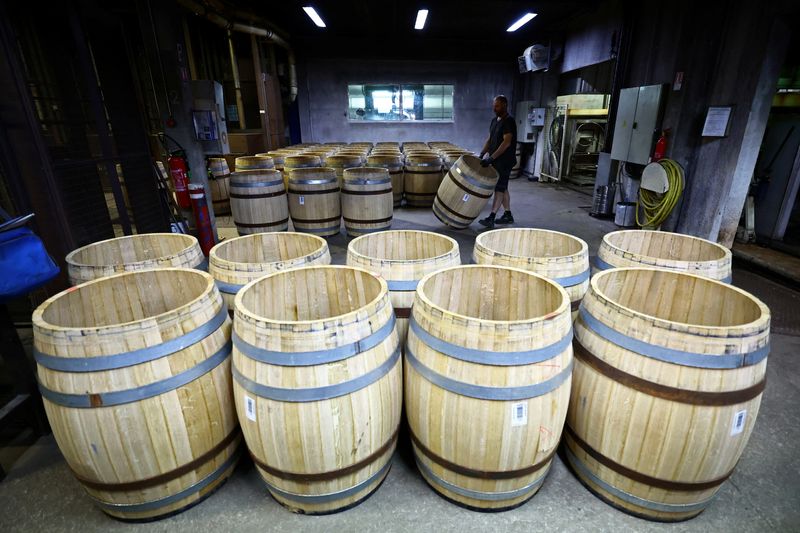Spirits Under Siege: How Trump's Trade Tariffs Are Crushing France's Legendary Cognac Industry

For five generations, the Fillioux family has weathered the storms of history—wars, economic downturns, and global challenges—preserving their cherished cognac estate in the sun-drenched landscapes of southwestern France. Now, they face a new threat that could potentially unravel decades of tradition and craftsmanship.
President Donald Trump's recent decision to impose a staggering 20% tariff on European goods has struck a devastating blow to France's prestigious cognac industry. Already grappling with complex global trade tensions, the $3 billion sector finds itself at a critical crossroads, with family-owned businesses like the Filliouxs fighting to maintain their delicate economic balance.
The tariffs represent more than just a financial challenge; they are a direct assault on a centuries-old cultural heritage that has been carefully cultivated through generations of passionate artisans. Each bottle of cognac tells a story of meticulous craftsmanship, familial dedication, and a deep connection to the land—a narrative now threatened by escalating international trade disputes.
